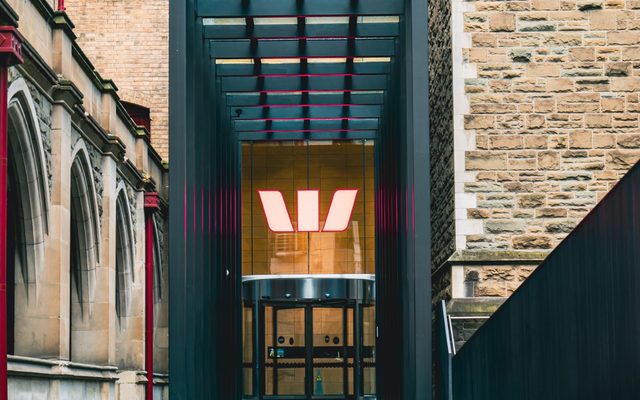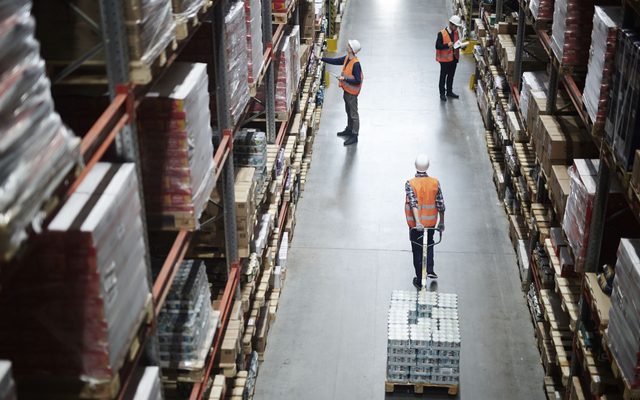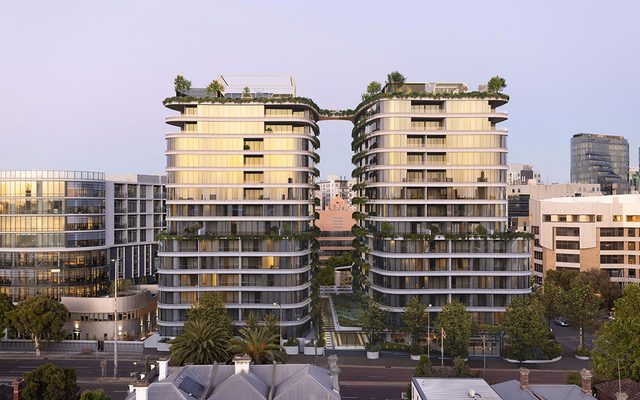This article is from the Australian Property Journal archive
INTEREST rates could yet rise further, outgoing Reserve Bank of Australia governor Philip Lowe told a house economics committee in Canberra, while he dismissed a rent freeze as a longer-term solution to the housing crisis.
Facing his final grilling at parliament before he steps aside for his deputy Michele Bullock next month, Lowe said a rent freeze – being pushed by the Greens in its negotiations over Labor’s $10 billion Housing Australia Future Fund (HAFF) – would only bring short-term relief to renters. He likened it to policies of giving potential home buyers more money to boost their chances of buying in a heated market.
“They’re short-term fixes that both, in my judgment, make the situation worse,” he said.
“In most cases, rent controls reduce incentives to add to supply.”
He maintained that more housing supply is the best way to deal with rent inflation and encouraged local and state governments to deregulate planning and zoning regulations.
“The solution lies in increasing supply,” he said.
National cabinet will be aiming to strike a deal that will bolster renters’ rights when it meets in Brisbane this week as the HAFF remains stalled in the Senate, holding up a targeted 30,000 new social and affordable homes over five years.
Risks for further rate rises
Lowe said the ongoing source of inflation is in the services sector and rents, and “rent inflation is still very strong”.
“At an annualised rate, it’s close to 10% in the most recent quarter, and we expect rent inflation is going to stay at least in the high single digits for a while yet,” he said.
The RBA remains hellbent on bringing inflation down to its 2% to 3% target range. Inflation has been easing but is still sitting at a high 6%, and the bank is forecast inflation will fall to 3% by the middle of 2025. A slowdown in consumer spending is showing to show the flow-on effects of rapid rate hikes since May last year that have taken the official cash rate to 4.1%.
“It is possible that some further tightening of monetary policy will be required to ensure that inflation returns to target within a reasonable timeframe,” Lowe told the committee, adding that this would depend on data and the RBA board’s assessment of the outlook and risks.
Unemployment was still at a low 3.5% in June, while the RBA is expecting just 0.9% in growth in the economy this year.
“The data are also consistent with the Australian economy continuing to travel along that narrow path that I have spoken about for some time – that path is one that leads to inflation coming down within a reasonable timeframe and the unemployment rate remaining below the levels of the past 40 years,” Lowe said.
Services inflation and household spending each remaining elevated could require higher interest rates, he said.
Pandemic regrets
Lowe also told the committee, “I wish I had understood the implications of the pandemic a bit more,” and admitted the RBA’s actions in the pandemic’s earlier stages contributed to inflation.
“The period in early 2020 was incredibly scary, and our mindset was to provide maximum support medical insurance to protect against the worst possible outcome, and we did that.
“It turned out we provided too much support and perhaps too much insurance and that’s contributed to inflation problems now.
“We didn’t fully understand the nature of the pandemic and how long it would last and what the implications would be for the economy.”




